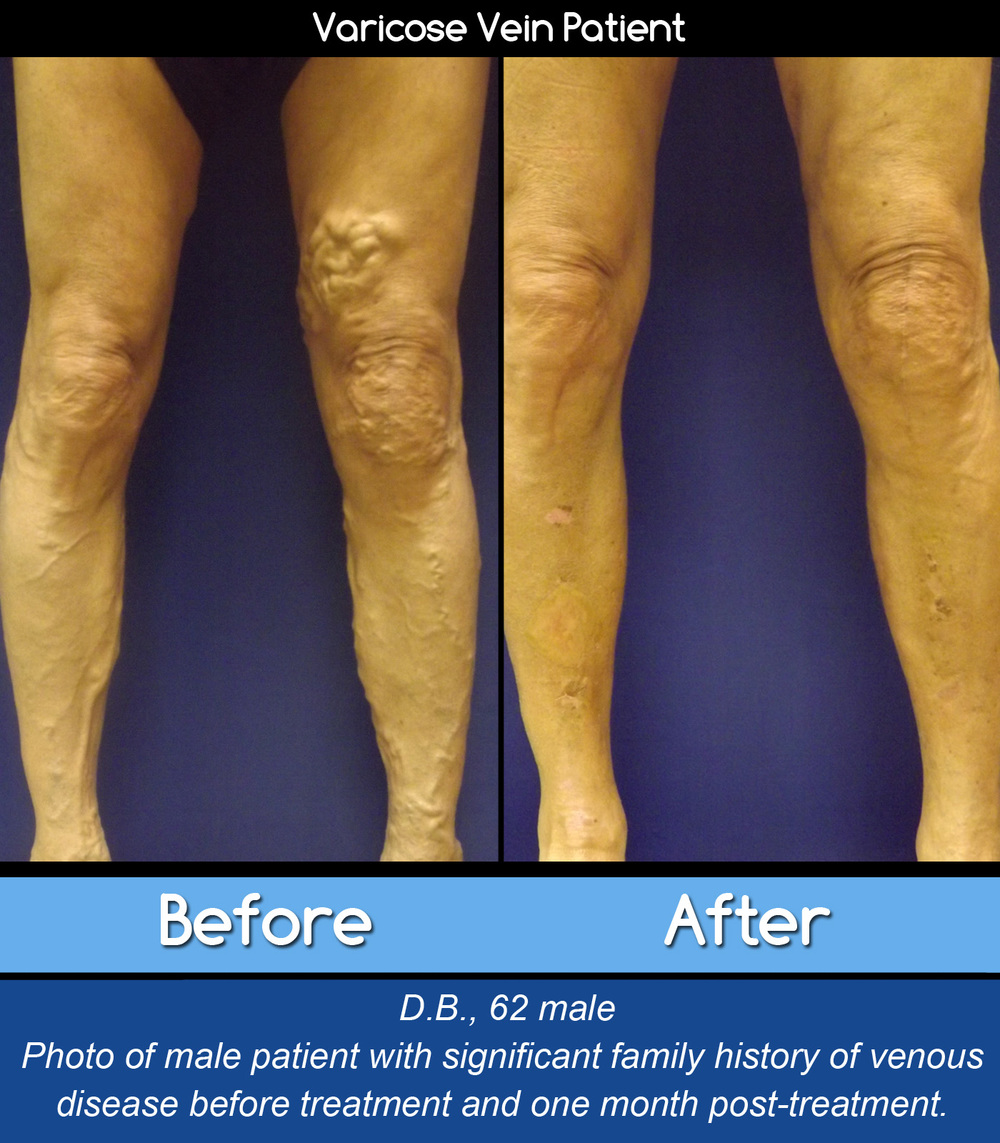KC Veins – Vein Treatment
When it comes to matters of health, family history can often predict future medical issues. Varicose veins are no exception. So, if your mother has dark, purple, bulging veins, chances are that you may develop them, too. Heredity is the primary risk factor for developing vein disease and varicosities, and is thought to be responsible for perhaps as much as 80% of varicose veins. In fact, the chances of developing vein disease doubles if both parents have the condition.
Risk factors for developing vein disease include:
- Family history
- Increasing age
- Hormones
- Gender
- Pregnancy
- Prolonged standing or sitting



